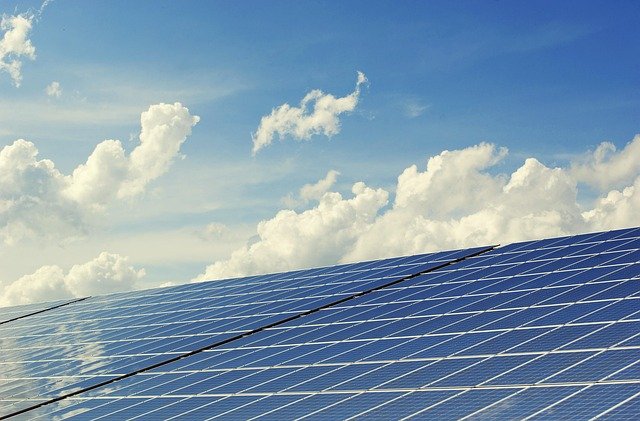Solar Water Heaters: Harnessing the Sun for Efficient Pool Heating
Solar water heaters have become an increasingly popular choice for homeowners looking to reduce energy costs and embrace sustainable solutions. When it comes to pool heating, solar energy offers a cost-effective and environmentally friendly alternative to traditional methods. This article explores the benefits and considerations of using solar water heaters for swimming pools, helping you make an informed decision about this innovative home improvement option.

The efficiency of solar pool heaters depends on factors such as the size of your pool, local climate, and the amount of direct sunlight your property receives. In most cases, solar heating can extend your swimming season by several months, allowing you to enjoy your pool for longer periods throughout the year.
What are the benefits of using solar energy for pool heating?
Opting for a solar pool heater comes with numerous advantages. Firstly, it significantly reduces your energy costs, as you’re harnessing free solar power instead of relying on traditional energy sources. This can lead to substantial savings on your utility bills over time.
Additionally, solar pool heaters are environmentally friendly, producing zero emissions and reducing your carbon footprint. They require minimal maintenance and have a longer lifespan compared to conventional heating systems, often lasting 15-20 years with proper care.
Solar pool heaters also operate silently, enhancing the tranquility of your outdoor space. Unlike gas or electric heaters, they don’t create any noise pollution, allowing you to enjoy a peaceful swimming experience.
What factors should you consider before installing a solar pool heater?
Before investing in a solar pool heater, it’s essential to evaluate several factors. The size of your pool and desired water temperature will determine the number of solar collectors needed. Your local climate and average sun exposure are crucial considerations, as areas with more sunny days will benefit most from solar heating.
The orientation and pitch of your roof also play a role in the system’s efficiency. Ideally, solar collectors should face south and be angled to maximize sun exposure throughout the day. If your roof isn’t suitable, ground-mounted systems are available as alternatives.
It’s important to consider the initial installation costs, which can be higher than traditional heating methods. However, the long-term energy savings often offset this investment, making solar pool heaters a cost-effective choice in the long run.
How does solar pool heating compare to other heating methods?
When comparing solar pool heating to other methods, it’s important to consider both upfront costs and long-term savings. While the initial investment for a solar system may be higher, the ongoing operational costs are significantly lower than gas or electric heaters.
| Heating Method | Initial Cost | Operating Cost | Environmental Impact |
|---|---|---|---|
| Solar | High | Very Low | Minimal |
| Gas | Medium | Medium to High | Moderate |
| Electric | Low | High | High |
Prices, rates, or cost estimates mentioned in this article are based on the latest available information but may change over time. Independent research is advised before making financial decisions.
Solar pool heaters have the lowest operating costs and minimal environmental impact. While gas heaters provide quick heating and can work in any weather condition, they have higher ongoing costs and moderate environmental impact. Electric heaters are often the least expensive to install but can be costly to operate and have a higher environmental impact due to electricity consumption.
What maintenance is required for solar pool heaters?
One of the advantages of solar pool heaters is their low maintenance requirements. Regular maintenance typically involves keeping the solar collectors clean and free from debris. This can usually be accomplished by simply hosing them down periodically or using a soft brush to remove any accumulated dirt.
It’s also important to check the system’s components annually for any signs of wear or damage. This includes inspecting pipes, connections, and the pump for leaks or other issues. Most homeowners can perform these basic maintenance tasks themselves, but it’s advisable to have a professional inspection every few years to ensure optimal performance and longevity of the system.
How can you maximize the efficiency of your solar pool heater?
To get the most out of your solar pool heater, consider implementing these strategies:
-
Use a pool cover when the pool is not in use to retain heat and reduce evaporation.
-
Adjust your pool pump’s runtime to coincide with peak sunlight hours for maximum heating efficiency.
-
Maintain proper chemical balance in your pool water to prevent scale buildup on the solar collectors.
-
Consider adding a small backup heater for cloudy days or when you need to quickly raise the water temperature.
By following these tips and properly maintaining your solar pool heater, you can enjoy a comfortable swimming experience while minimizing energy costs and environmental impact. Solar water heaters represent a smart home improvement investment that combines eco-friendly technology with long-term cost savings, making them an attractive option for environmentally conscious homeowners.






